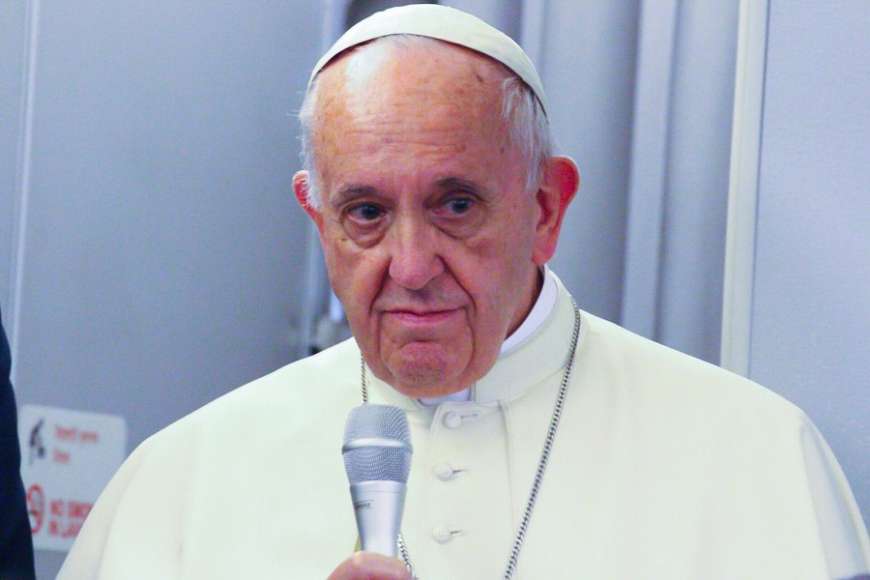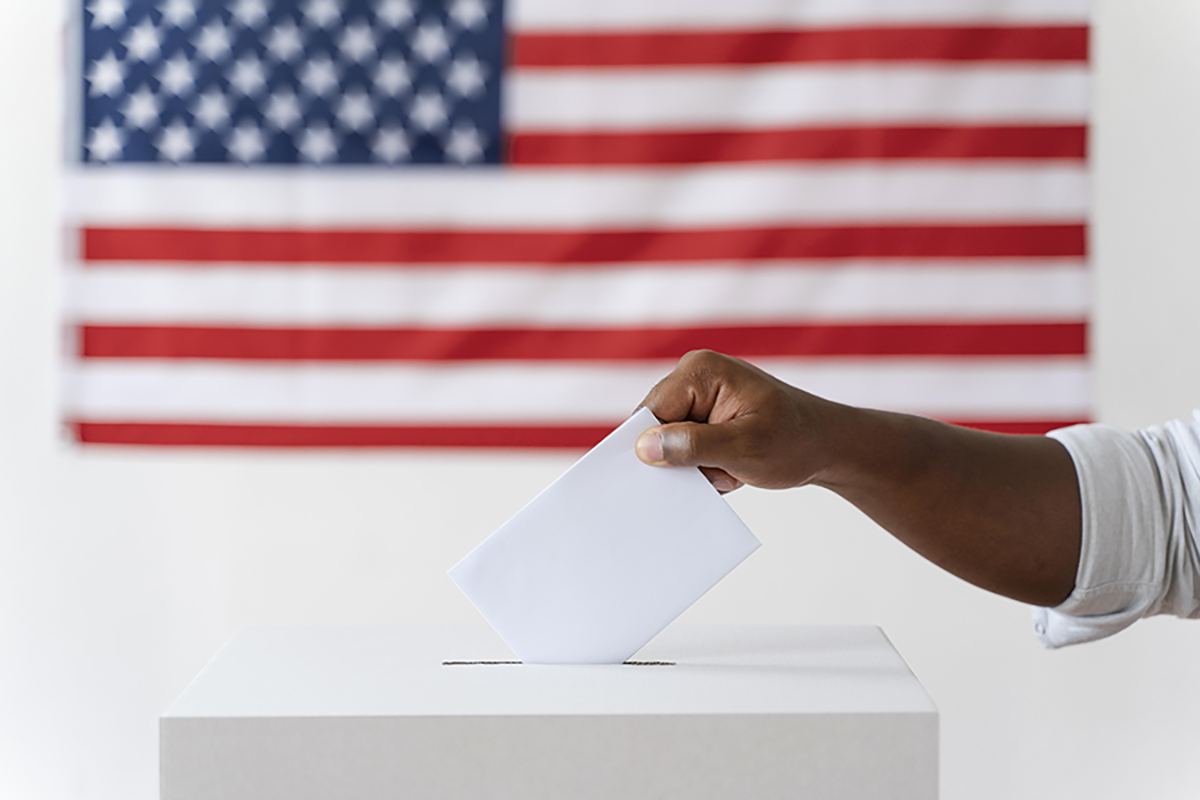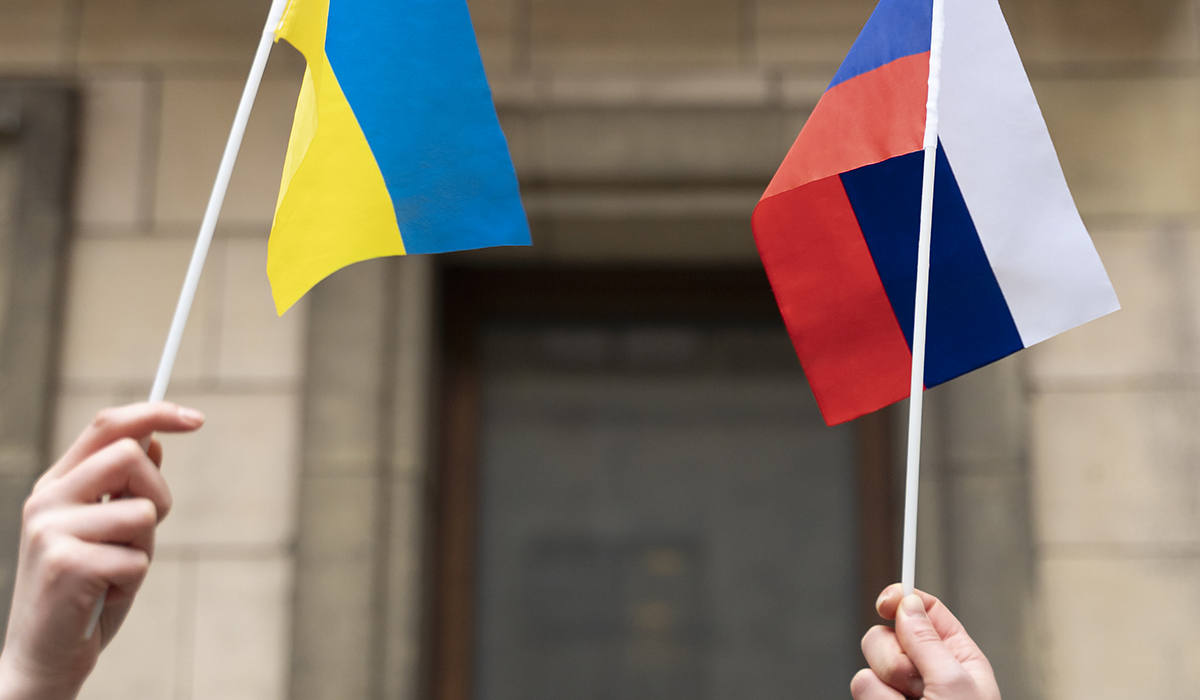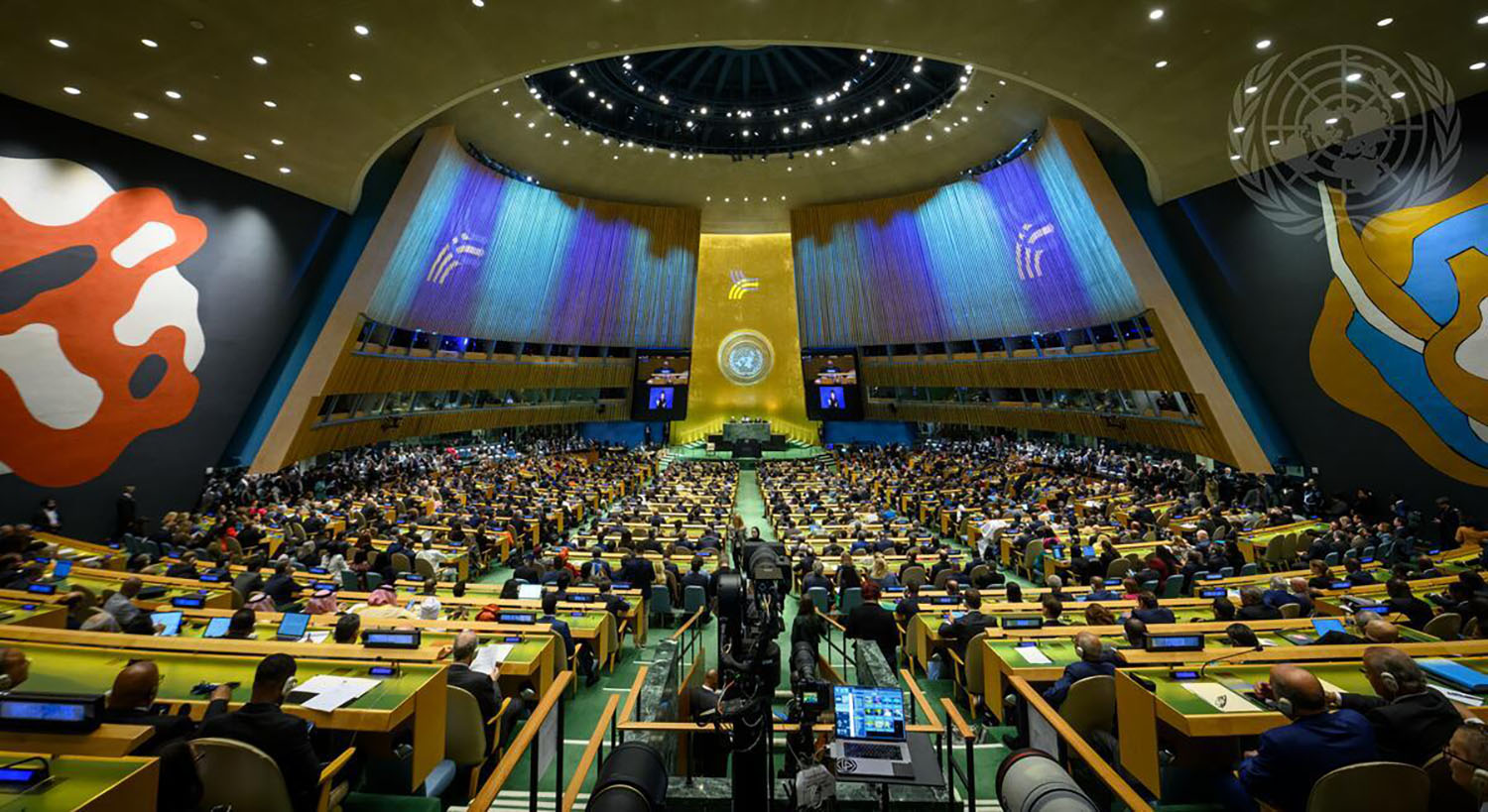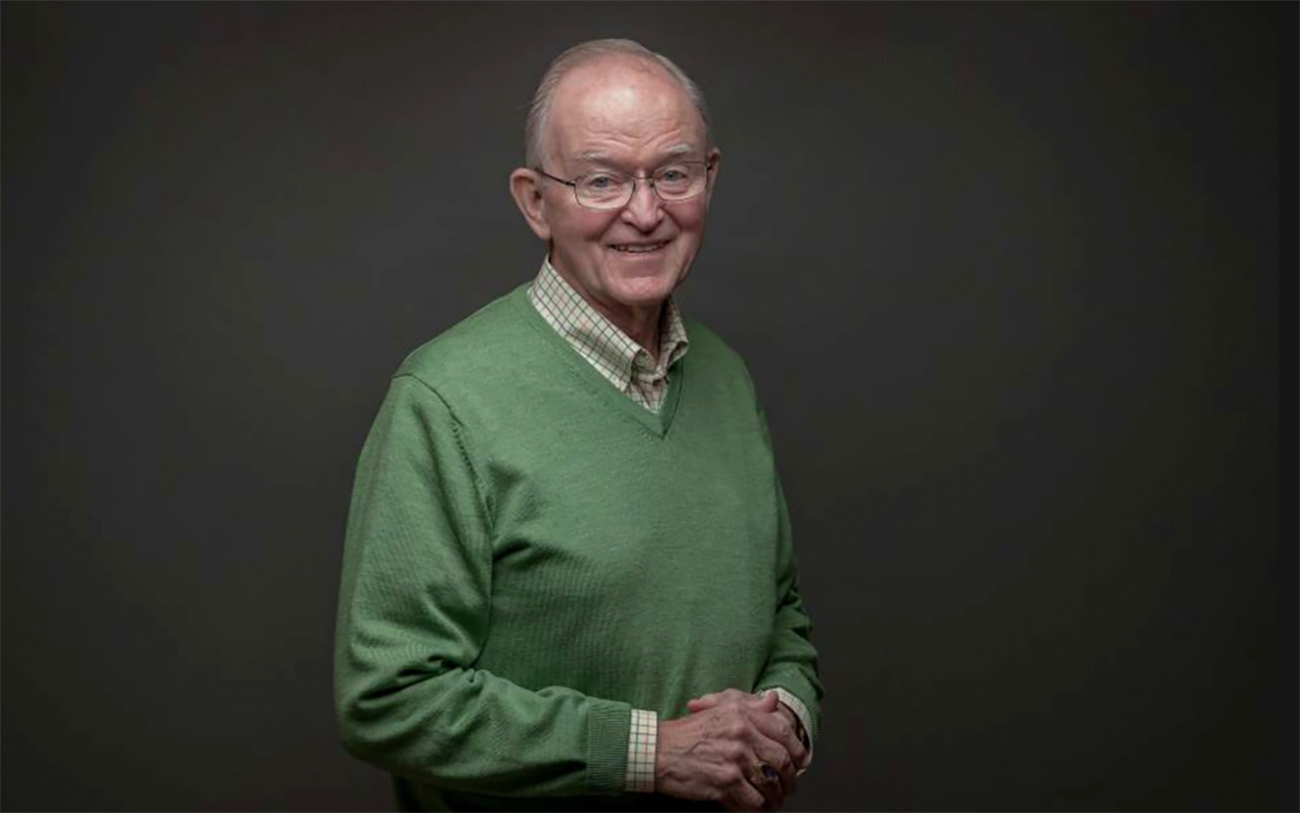By Jonathan Granoff
Published on Huffington Post.
This Thanksgiving season, we should all be grateful for the leadership of Pope Francis. On November 10, 2017, he made clear that the Church condemns both the use of nuclear weapons and the immorality of their possession at a conference entitled “Perspectives for a World Free from Nuclear Weapons and for Integral Development.” His inspiring address to over 300 participants gathered at the Vatican is a milestone of enormous importance.
The conference engaged the lively participation of 11 Nobel laureates, top officials from the United Nations and NATO, diplomats from around the world and experts in nuclear weapons and the disarmament process. They were joined by scholars, activists and representatives of bishops’ conferences the world over. This event represents an enormous shift in the position of the Holy See and could signal a change to a better world.
At the 1982 UN Special Session on Disarmament, St. John Paul II indicated a limited acceptance of the legitimacy of nuclear deterrence theory and practice. In 1983, the US Conference of Bishops in their Pastoral Letter underscored this qualified legitimization, which was based on the promise of the nuclear weapons states to fulfill their legal obligation to negotiate the universal legally verifiable elimination of nuclear weapons. This duty is embodied in Article VI of the Nuclear Nonproliferation Treaty. Appropriate disarmament progress has not been forthcoming. In fact, none of the nuclear weapons states joined the 120 nations, which voted in support of the Treaty to Prohibit Nuclear Weapons this past July at the United Nations.
At the Vatican Conference, Pope Francis stated a new comprehensive policy:
The arms race and modernization of nuclear arsenals is an unwarranted expense that places “real priorities facing our human family, such as the promotion of peace, the undertaking of educational, ecological and health care projects, and the development of human rights in second place.”
The “catastrophic humanitarian and environmental effects of any employment of nuclear devices” and “the risk of an accidental detonation as a result of error of any kind” leads to the conclusion that “the threat of their use, as well as their very possession, is to be firmly condemned.”
Jonathan Granoff is the President of the Global Security Institute, a representative to United Nations of the World Summits of Nobel Peace Laureates, a former Adjunct Professor of International Law at Widener University School of Law, and Senior Advisor to the Committee on National Security American Bar Association International Law Section.

